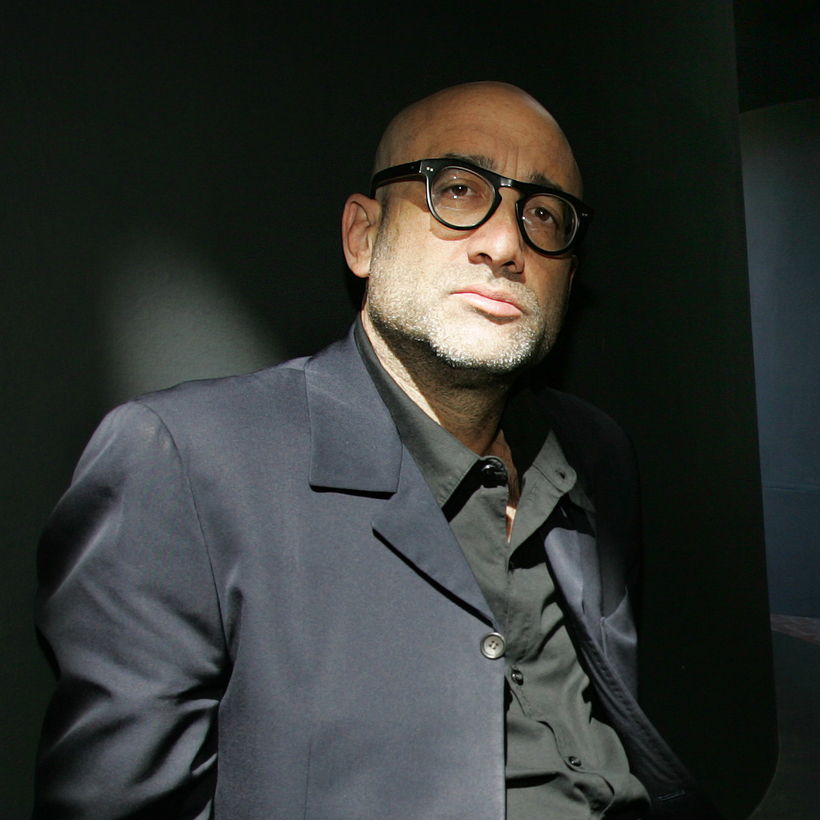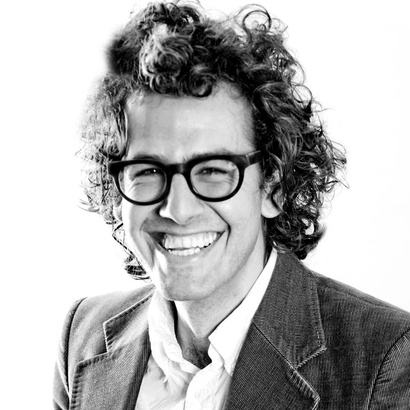I was on the phone with my pal the novelist and screenwriter Bruce Wagner, who was telling me something of his editor’s reaction to his latest novel, The Marvel Universe: Origin Stories, a book whose manuscript I read early and loved. What Bruce said his editor had told him—“The language is problematic”—appalled us both. Problematic? In life, maybe; but literature? The Marvel Universe contains all manner of graphic grotesqueries ornate and lyrical and funny and winsome, and urgently germane: “Life was a streaming series now. Like a boy king born of incest, its mad, violent content ruled. Yet the chaotic cultural moment wouldn’t last; in the natural order of things, all shows got defunded. Everything would be canceled.... Platoons of canceled men and women were mowed down en masse like amphibious soldiers taking a beachhead. The cancelers chased the canceled down Internet-torched streets, chased themselves by righteous, next-gen Cancelots. Statutes of limitation were revoked; legions were canceled from birth.”
It was after his conversation with his editor that Wagner, 66, canceled his agreement with his publisher, the Berkeley, California–based Counterpoint Press. (So far, Wagner has not returned his advance.) Wagner had the feeling, common to many contemporary writers, that his editor was under the thumb of the publisher’s “sensitivity readers.” I have writer friends who have been subject to three such quibblers: an L.G.B.T.Q.I.A. representative, a P.O.C. representative, and a B.S. (Body Sensitivity) representative.


